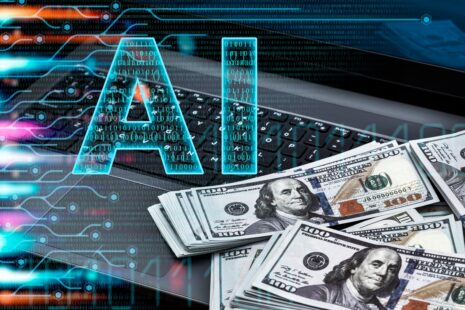AI poses certain dangers due to its rapid advancement and widespread adoption across industries. While it offers numerous benefits, some potential risks make it a topic of global concern. These dangers stem from technical, ethical, societal, and existential issues.
Key Reasons AI Is Considered Dangerous
Lack of Control Over Advanced AI
- Highly advanced AI systems could reach a level where they operate autonomously, making decisions beyond human comprehension.
- This could lead to unintended consequences if AI goals do not align with human values or priorities.
Job Displacement
- AI is automating tasks across industries, potentially replacing millions of jobs. Roles in manufacturing, customer service, and data entry are already being affected.
- This could exacerbate economic inequality and leave large portions of the population unemployed.
Bias and Discrimination
- AI systems can inherit biases from their training data, leading to discriminatory outcomes in hiring, lending, and law enforcement.
- Examples include biased facial recognition systems and flawed decision-making algorithms.
Cybersecurity Risks
- AI can be used to develop sophisticated hacking tools, automated cyberattacks, and deepfake technologies that compromise security and trust.
- Malicious AI could disrupt critical infrastructure or manipulate public opinion during elections.
Weaponization
- Autonomous weapons powered by AI could be deployed in warfare, lowering the threshold for conflict and making wars more devastating.
- The lack of accountability for AI-driven decisions in military settings raises ethical concerns.
Loss of Privacy
- AI-powered surveillance systems can monitor individuals at an unprecedented scale, leading to potential misuse by authoritarian regimes.
- The increasing collection of personal data by AI systems also raises privacy concerns.
Existential Risks
- Some experts worry about the long-term implications of artificial general intelligence (AGI), which could surpass human intelligence and act in unpredictable ways.
- If misaligned with human interests, AGI could pose existential threats to humanity.
Manipulation and Misinformation
- AI can generate convincing fake content, such as deepfakes and fabricated news, which can spread misinformation and erode trust in institutions.
- Social media algorithms driven by AI can amplify divisive content, fueling societal polarization.
Mitigating the Dangers
- Ethical AI Development – Ensuring AI systems are transparent, fair, and accountable is crucial to prevent harm.
- Regulation and Oversight – Governments and international organizations must establish guidelines for the responsible use of AI.
- Human-AI Collaboration – Designing AI to work alongside humans rather than replace them can reduce risks.
AI has the potential to revolutionize the world, but its dangers underscore the need for careful development and regulation. Addressing these challenges early can help ensure that AI benefits society while minimizing its risks.




